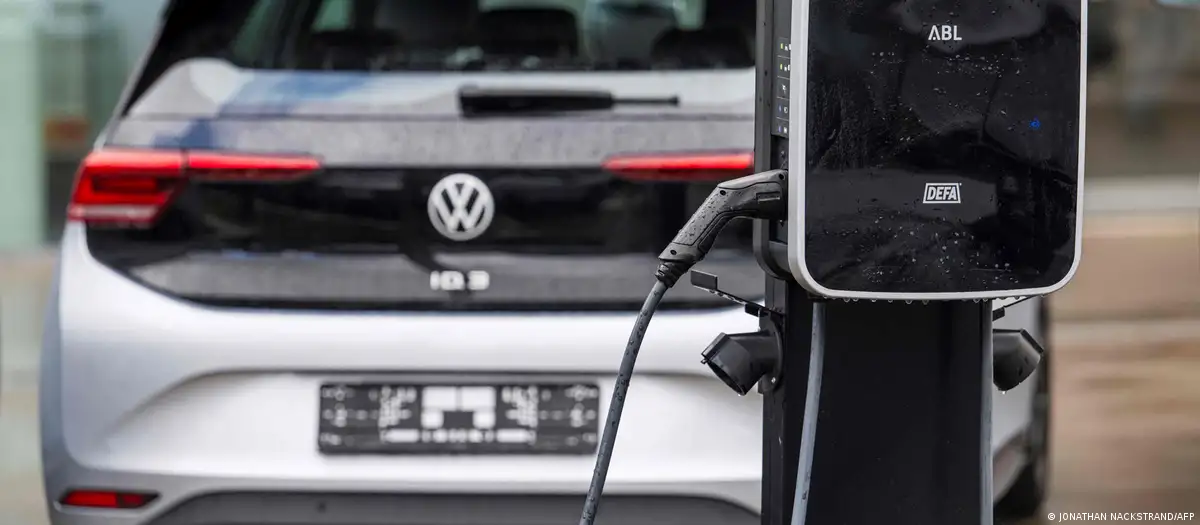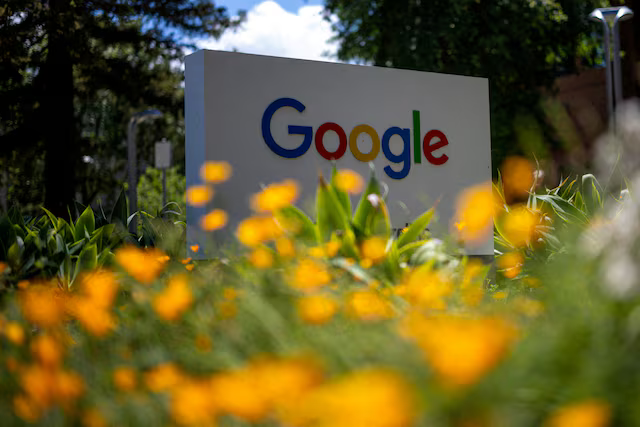After years of hand-wringing over how to police tech monopolies, Washington finally landed a punch on Google — just not the knockout many expected.
A federal judge declined to break up the search giant or force it to sell Chrome, even after finding last year that Google illegally monopolized online search. Instead, the court handed down narrower, conduct-based fixes aimed at loosening Google’s grip while acknowledging that the AI boom has scrambled the market.
Here’s the quick read on winners, losers, and why this matters for the AI race.
Judge Amit Mehta called a forced divestiture a “poor fit,” rejecting the Justice Department’s most aggressive remedies. That’s a big save for Google after a bruising run in court. But it’s not a free pass: the company is barred from exclusive deals that prioritize its search, browser, or AI assistant, and it must share portions of its search index, user-interaction data, and syndication services with rivals under defined terms. Google says it will appeal the liability finding and is “reviewing” the new sharing mandates, raising privacy flags.
No breakup, but the DOJ did secure meaningful restraints that pry open distribution and data — oxygen for challengers. Officials are signaling they may seek more relief, and they still have a separate ad-tech case pressing for divestitures.
Cupertino keeps its multibillion-dollar default search deal with Google’s Safari — a lucrative revenue stream and, potentially, a springboard to deeper AI partnerships on iOS. The court’s bar on exclusive deals still leaves plenty of room for default arrangements that aren’t exclusive.
Reform groups blasted the order as a “slap on the wrist,” arguing that a firm found to have monopolized search shouldn’t be left essentially intact. Several Democrats urged an appeal.
Mehta’s opinion reads like a time capsule cracked open by generative AI. When this case was filed, search meant links and blue bars. Today, ChatGPT, Perplexity, Claude, and others are real substitutes for many queries, and capital is flooding into AI. The judge said that GenAI “changed the course of this case,” nudging him toward conduct remedies (open up data and distribution) rather than a structural breakup that could misfire in a fast-moving market.
What Google must (and can) do now
- No exclusives. Google can still pay for distribution (preloads, defaults), but can’t lock up exclusivity.
- Data access. Google must provide search index slices, user-interaction signals, and syndication services to qualified competitors — the raw materials smaller players need to train, rank, and surface results.
- Appeal is coming. Google will challenge the original monopoly finding even as it complies with the remedies.
Other tech defendants just got a new talking point: “innovation moves faster than antitrust.” Expect Meta and Apple to cite this case to argue courts shouldn’t freeze product design or impose breakups in dynamic markets. On the flip side, the ruling shows courts will order access and interoperability when market power rests on distribution + data moats.
Translation: even without breakups, litigation can change behavior. (Remember: Amazon quietly killed a pricing algorithm under scrutiny; Google loosened some OEM restrictions ahead of trial.)
If you were hoping courts alone would “fix Big Tech,” this ruling is your reality check. Judges are cautious, especially when AI is reshaping the landscape in real time. That’s why consumer groups are again pushing for sector rules — transparency around defaults, portability for data and identity, and limits on self-preferencing — to reduce the need for decade-long court fights.
Google dodged the chainsaw but still got the scalpel. The company keeps Chrome and its core search stack, yet loses the comfort of exclusivity and must open pipes to would-be rivals — precisely where AI-era competition lives or dies.
For the DOJ, it’s not the grand slam, but it’s a credible double: tangible, enforceable remedies now, with an appeal (and the ad-tech case) still to come.
For AI competition, the message is clear: you won’t get Google broken up, but you might get access to the ingredients that make real rivalry possible. In a market moving this fast, that could matter more than a trophy breakup delivered too late.
Reuters, the Economist, the New York Times, and the Hill contributed to this report.










The latest news in your social feeds
Subscribe to our social media platforms to stay tuned